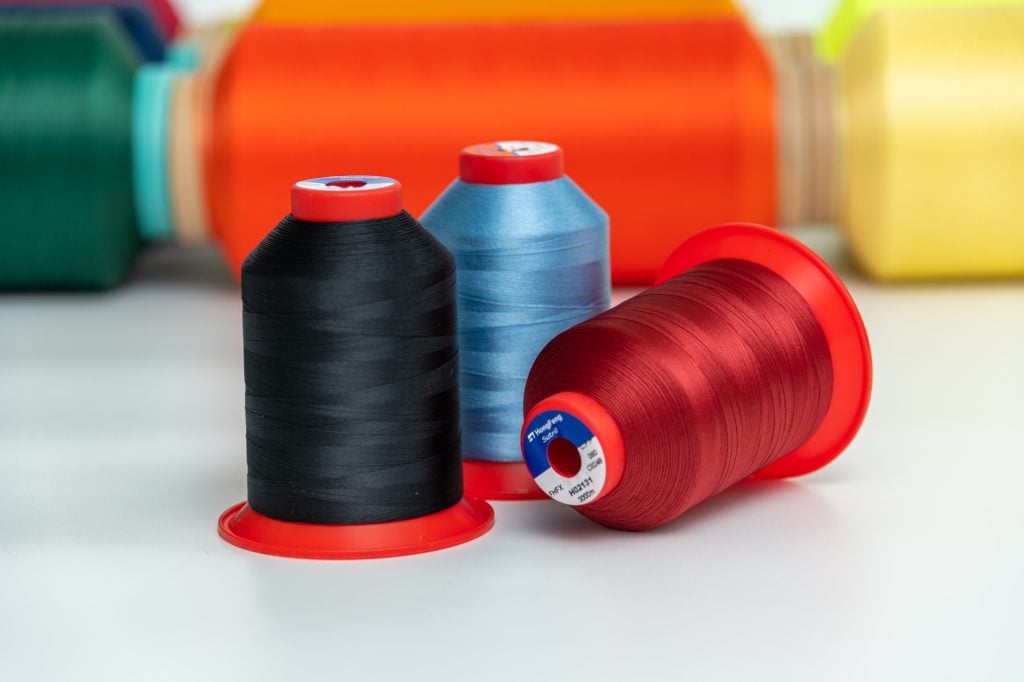Sewing thread is a fundamental component of any sewing project, playing a crucial role in ensuring secure and durable stitches. Understanding the basics of sewing thread is essential for achieving successful sewing outcomes.
Table of Contents
Importance of Sewing Thread
Sewing thread serves as the connecting element that holds fabrics and materials together. Its primary functions are to create secure stitches, withstand tension and stress, and contribute to the overall durability and strength of the sewn items. Without the right thread, even the most meticulously sewn pieces can fail to withstand regular use and wear.
Types of Sewing Thread
Sewing threads come in various types, each designed for specific applications and fabrics. Let’s explore the most commonly used types of sewing thread:
- Polyester Thread: Polyester thread is widely used due to its versatility and durability. It offers excellent strength, abrasion resistance, and colorfastness. Polyester thread is suitable for sewing a wide range of fabrics, including cotton, synthetic fibers, and blends. It is available in different weights, allowing for versatility in sewing projects.
- Cotton Thread: Cotton thread is known for its natural fiber composition, making it ideal for sewing natural fabrics such as cotton, linen, and silk. It is lightweight, flexible, and provides a soft and smooth finish. Cotton thread is popular for quilting, embroidery, and sewing lightweight garments.
- Nylon Thread: Nylon thread is valued for its exceptional strength and durability. It is resistant to abrasion, chemicals, and UV rays, making it suitable for heavy-duty sewing projects. Nylon thread is commonly used in applications that require high tensile strength, such as upholstery, leatherwork, and outdoor gear.
The types of sewing threads and their characteristics

- Polyester thread: Versatile, durable, abrasion-resistant, and colorfast.
- Cotton thread: Natural fiber, lightweight, flexible, and suitable for natural fabrics.
- Nylon thread: Strong, durable, abrasion-resistant, chemical-resistant, and UV-resistant.
Thread Properties and Considerations
When selecting sewing thread, it’s essential to consider various properties to ensure optimal stitching results. Let’s explore these properties and considerations:
Thread Weight
Thread weight refers to the thickness or diameter of the thread. It is typically indicated by a number or weight classification. Thicker threads have higher weight numbers and are suitable for heavy-duty fabrics and projects. Finer threads are ideal for lightweight fabrics and delicate stitching.
Thread Fiber Content
The fiber content of the thread affects its strength, flexibility, and compatibility with different fabric types. Consider the fiber content based on the specific requirements of your project. Polyester, cotton, and nylon are common thread fiber options, each offering unique properties.
Thread Color
Thread color selection is important for achieving visually appealing and cohesive stitching. Choose a thread color that complements or contrasts with the fabric color, depending on the desired aesthetic outcome. It’s recommended to match the thread color to the fabric color for inconspicuous seams.
Thread Strength and Durability
The strength and durability of the thread are crucial for ensuring the longevity of the sewn items. Consider the intended use and fabric type when selecting thread strength. Threads with higher tensile strength and resistance to abrasion are suitable for heavy-use items or fabrics that undergo frequent stress.
Here is a table summarizing the properties and considerations for sewing thread selection:
| Property | Consideration |
|---|---|
| Thread Weight | Thickness and fabric weight suitability |
| Thread Fiber Content | Polyester, cotton, nylon, or other suitable fibers |
| Thread Color | Coordination with fabric color or desired contrast |
| Thread Strength | Tensile strength and resistance to abrasion |
Conclusion
Understanding the basic knowledge of sewing thread is essential for achieving successful sewing outcomes. By familiarizing yourself with the different types of threads, their properties, and considerations for selection, you can choose the appropriate thread for your specific sewing projects. Remember to consider thread weight, fiber content, color, strength, and durability to ensure secure, durable, and visually appealing stitches. Invest time in selecting the right thread, as it significantly contributes to the quality and longevity of your sewing creations.